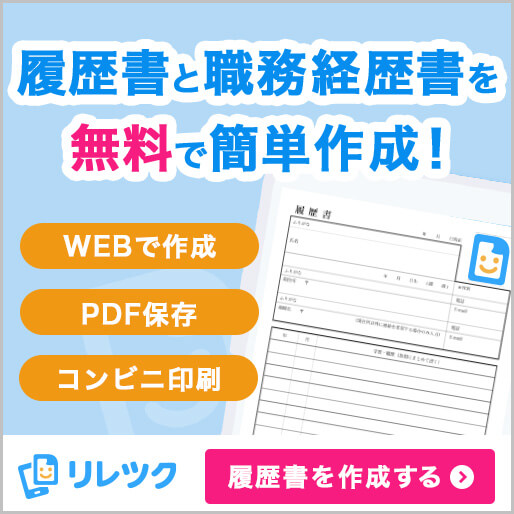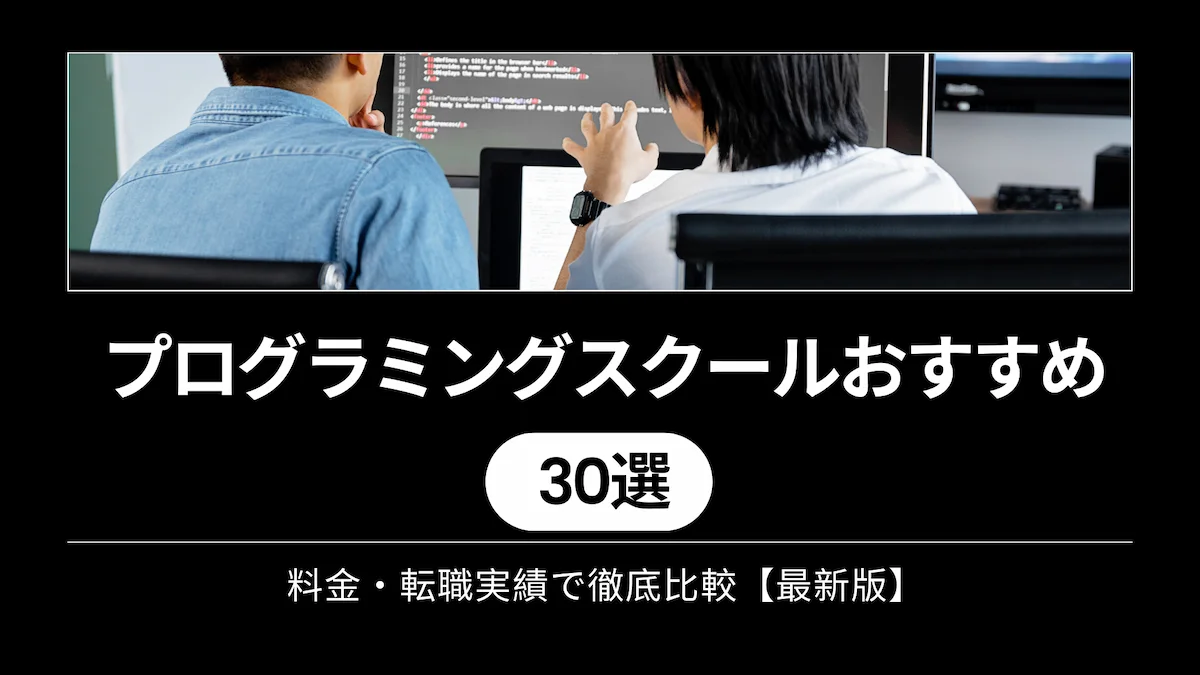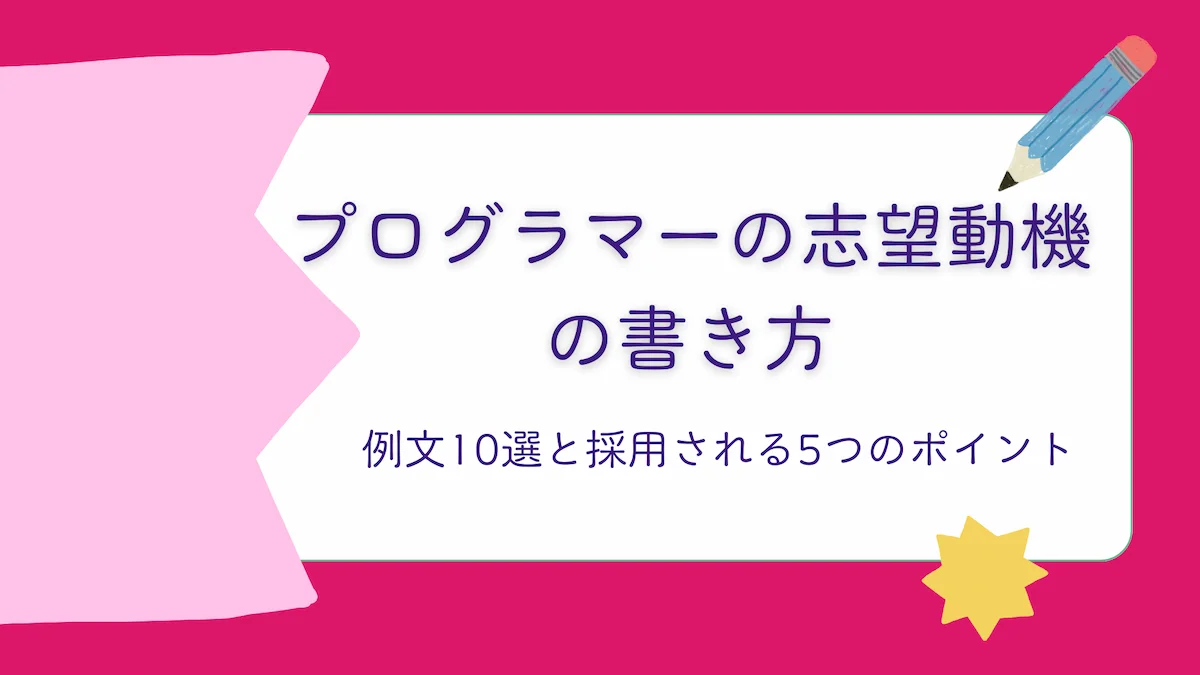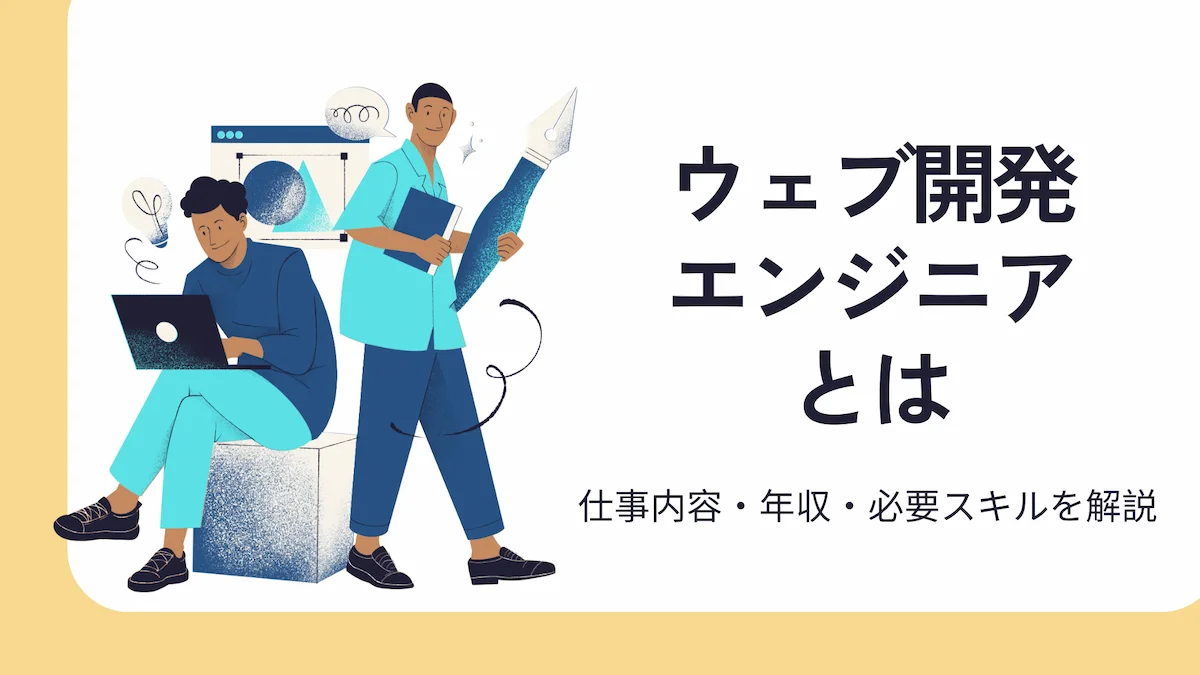Due to chronic staff shortages in Japan’s IT industry, there is increasing demand for German engineers with advanced technical skills.
However, obtaining a work visa requires navigating complex requirements and procedures.
This article explains in detail the requirements, application process, and important considerations for German IT engineers applying for work visas in Japan.
- Visa requirements for German IT engineers in Japan.
- Step-by-step COE and visa application process.
- Tips for cultural adaptation and career building.
1. Basic Information on Japanese Work Visas for German IT Engineers

In Japan’s IT industry, demand for talented professionals from overseas continues to grow each year, with increasing interest in recruiting German engineers.
Obtaining a work visa is an important step, but with proper preparation and understanding, the process can proceed smoothly.
What is the Engineer/Specialist in Humanities/International Services Visa?
The Engineer/Specialist in Humanities/International Services visa (commonly known as the “Engineer” visa) is a residence status issued to foreign professionals with specialized technical knowledge or skills.
For IT engineers, applications typically fall under the “Engineer” category, allowing them to engage in work utilizing specialized knowledge in information engineering, programming, system development, and related fields.
The Engineer visa is the most common work visa, obtained by approximately 90% of university graduates employed by Japanese companies.
Reference: Immigration Services Agency of Japan: Engineer/Specialist in Humanities/International Services
Timeline and Costs for Visa Acquisition
The application process for a Certificate of Eligibility (COE) typically takes 1-3 months.
Subsequently, visa application at the Japanese diplomatic mission takes approximately 5 days to 2 weeks, meaning the entire process takes about 2-4 months.
Regarding costs, while the COE application itself is free, fees will be incurred for issuing various certificates, translation costs, and visa issuance fees. Companies should consider these timeframes and costs when planning recruitment.
Reference: Immigration Services Agency of Japan: Application for Certificate of Eligibility
Basic Checklist of Requirements
Multiple requirements must be met to obtain a visa:
Educational requirements
Applicants should have obtained an information engineering-related degree from a German university, with a qualification equivalent to at least a Japanese associate degree or higher.
The intended job duties must be IT-related specialized work with recognized relevance to the applicant’s educational background. Additionally, compensation must be guaranteed at a level equal to or higher than that of Japanese nationals, and a formal employment contract must be in place.
2. Detailed Requirements for Work Visa Applications

To obtain an Engineer/Specialist in Humanities/International Services visa, multiple detailed requirements must be met. Ensuring all these requirements are satisfied enables a smooth application process.
Reference: Immigration Services Agency of Japan: Engineer/Specialist in Humanities/International Services
Key Points for Confirming Educational and Professional Background
To meet the educational requirements, a graduation certificate from a German university or technical college is necessary.
Confirming equivalence to Japanese qualifications is important in this process. For IT fields, graduation from a relevant department such as information engineering or computer science is preferable.
If Educational Requirements Are Not Met
At least 10 years of relevant IT professional experience is required. In this case, detailed certificates of professional experience from previous employers are essential, clearly indicating the nature of the work performed and the duration.
Methods for Proving Job Content and Specialization
Documents demonstrating specific job responsibilities are important for proving professional specialization.
Examples of Detailed Job Content IT Engineers Should Demonstrate
- Overview of assigned projects
- Programming languages and frameworks to be used
- Roles in system design and programming, etc.
Technical qualifications, past development achievements, and portfolios can also serve as effective evidence of specialization.
Experience with large-scale projects or specialized technical skills are particularly important elements in demonstrating expertise.
Requirements Regarding Salary Conditions and Benefits
Salary conditions must be equal to or higher than those of Japanese employees performing similar duties. This is judged based on total remuneration, including base salary and allowances such as job or technical allowances.
However, expense reimbursements such as commuting or housing allowances are not included in this assessment criteria. Bonuses are only considered if clearly stipulated in work rules or similar documents.
■日本でエンジニアとしてキャリアアップしたい方へ
海外エンジニア転職支援サービス『 Bloomtech Career 』にご相談ください。「英語OK」「ビザサポートあり」「高年収企業」など、外国人エンジニア向けの求人を多数掲載。専任のキャリアアドバイザーが、あなたのスキル・希望に合った最適な日本企業をご紹介します。
▼簡単・無料!30秒で登録完了!まずはお気軽にご連絡ください!
Bloomtech Careerに無料相談してみる
3. Specific Steps for Work Visa Application

The work visa application process begins with obtaining a COE, followed by the actual visa application. Proper preparation and procedures are required at each stage.
Reference: Immigration Services Agency of Japan: Application for Certificate of Eligibility
How to Apply for a Certificate of Eligibility (COE)
The COE application is submitted by the hiring company to the Immigration Bureau in Japan.
After submission of application documents, the certificate is typically issued following a 1-3 month review period. Applications are generally made at the Immigration Bureau with jurisdiction over the location of the receiving company, though exceptions may allow applications at the Immigration Bureau with jurisdiction over the office where the hiring manager is based.
The company’s application representative needs to properly manage the process from preparation of necessary documents to application and issuance.
Preparing Required Documents and Important Considerations
Documents required for the application must be prepared by both the company and the applicant. The company must provide a certificate of registration, financial statements, business plan, and employment justification letter.
In particular, the reasons for hiring IT engineers and job descriptions should clearly demonstrate technical specialization.
Required Documents from the Applicant
Preparation of passport copy, identification photo, resume, degree certificate, etc. is required. These documents must generally be issued within the previous 3 months, and Japanese translations must be attached to documents in foreign languages.
Visa Application Procedures at Diplomatic Missions
After obtaining the COE, the process moves to visa application at the Japanese Embassy in Germany.
Items Required for Visa Application and Timeframe for Issuance
- Issued COE, passport, complete set of application documents
- Typically 5 days to 2 weeks
It’s important to apply for the visa promptly after receiving the COE, as it must be used within 3 months of issuance.
Also, appointments may be required for application, so it’s advisable to check in advance.
4. Common Application Issues and Countermeasures

Application issues can be prevented through appropriate advance preparation. For IT engineers in particular, demonstrating technical expertise is a key point.
Common Rejection Cases and Prevention Strategies
The most common reason for rejection of IT engineer work visa applications is insufficient demonstration of specialization.
Applications are particularly likely to be rejected when the relationship between intended development languages or frameworks and educational or professional background is unclear.
Examples of Countermeasures for Rejection
- Provide detailed explanations of the technology stack and job responsibilities
- Include detailed descriptions of past project achievements
- Specifically indicate qualifications held
Applications may also be rejected if the salary level is lower compared to Japanese engineers in the same position, or if the company’s reception system is inadequate.
Checkpoints to Prevent Documentation Errors
When preparing documents, it’s essential to check the consistency of all content. Particular attention should be paid to differences between general IT terminology and in-house nomenclature when explaining technical job responsibilities.
It’s also important to check the validity period of certificates of employment and degree certificates, whether notarization/translation is required, and signatures/seals. When attaching technical specifications for IT projects, care must be taken in handling confidential information.
Cases of Application Delays and How to Address Them
Application delays primarily occur due to documentation errors or requests for additional materials.
IT engineers in particular are often asked to provide explanations of technical terminology or detailed explanations of project content.
In such cases, it’s important to explain technical content in a way that immigration officials can understand. It’s also necessary to manage schedules with ample time to avoid affecting development project start dates.
■日本でエンジニアとしてキャリアアップしたい方へ
海外エンジニア転職支援サービス『 Bloomtech Career 』にご相談ください。「英語OK」「ビザサポートあり」「高年収企業」など、外国人エンジニア向けの求人を多数掲載。専任のキャリアアドバイザーが、あなたのスキル・希望に合った最適な日本企業をご紹介します。
▼簡単・無料!30秒で登録完了!まずはお気軽にご連絡ください!
Bloomtech Careerに無料相談してみる
5. Practical Points for German IT Engineers

For German IT engineers working in Japan, considerations beyond technical aspects, including cultural differences, are important.
Building long-term working relationships requires understanding and appropriately responding to differences in culture and work styles.
Important Points Regarding Employment Contracts
In employment contracts, it’s necessary to confirm that specific job responsibilities as an IT engineer, technologies to be used, development environment, and project structure are clearly stated.
Also check salary conditions including base salary plus technical allowances and skill allowances.
Particularly important is the inclusion of a condition precedent regarding visa acquisition. It’s advisable to also confirm provisions for cases where a visa cannot be obtained.
Methods for Addressing Cultural Differences
When German engineers collaborate with Japanese development teams, attention to differences in work styles and decision-making processes is necessary.
Germans tend to avoid overtime and emphasize efficient time management. They also tend to prefer direct communication styles, so it’s beneficial to develop an understanding of Japan’s characteristic ambiguous expressions in advance.
In project management as well, deepening mutual understanding about goal-setting and progress management methods is important.
Understanding Japan’s Long-term Career Support System
In IT engineer career development, adaptation to Japan’s business environment is important alongside technical skill improvement.
Effective Points for Long-term Careers in Japan
- Participation in opportunities to acquire new technologies
- Attendance at technical conferences
- In-house technical sharing sessions, etc.
Japanese language learning support and participation in cultural understanding programs are also important for German engineers who want to work in Japan long-term.
In regular evaluation meetings, it’s beneficial to discuss growth goals in technical areas as well as challenges in team communication and cultural adaptation.
6. Taking a New Step in Japan as a German IT Engineer
While obtaining a work visa involves complex procedures, the process can proceed smoothly with proper preparation and understanding.
For IT engineers in particular, demonstrating technical specialization is important.
By keeping in mind the points explained in this article and developing career plans while considering cultural differences, opportunities for success as an IT professional in Japan will continue to expand.



















